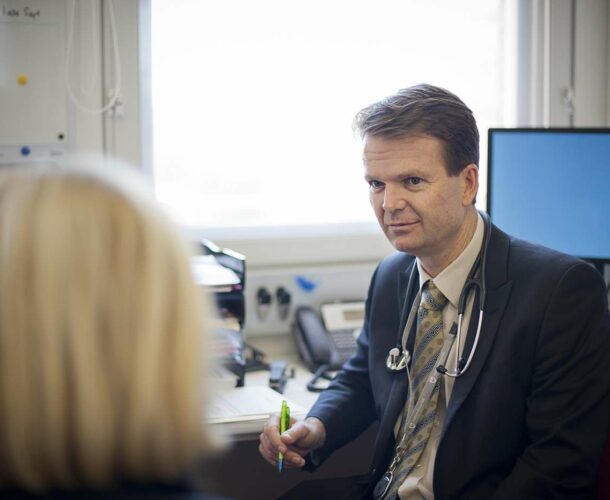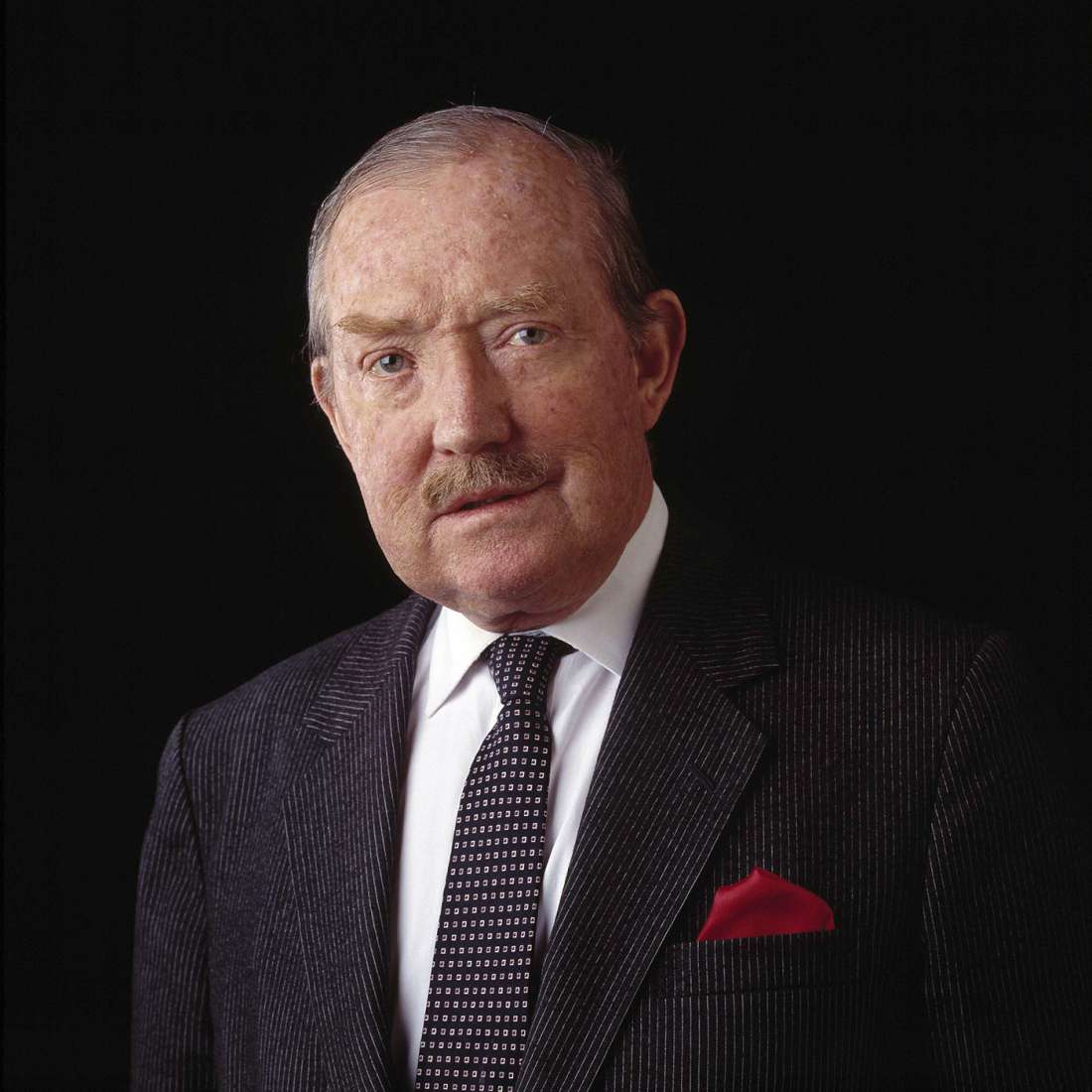Before moving into accounting and, ultimately, the corporate stratosphere, Jane Hemstritch was a scientist, completing a double degree in biochemistry and physiology at the University of London. She distinguished herself in her studies, but nonetheless graduated with a confronting realisation. “I had absolutely no aptitude for laboratory work.”
Yet business and personal circumstances did eventually conspire to haul her back to the realm of science and medicine, and a new role facilitating discovery as a board member at the Walter and Eliza Hall Institute.
Her first brush with the institute came via the force of nature that is former director Sir Gus Nossal. He was a “very enthusiastic and committed” member of the Committee for Melbourne along with Hemstritch’s then boss, a senior partner at Arthur Anderson and Co. When the Global Foundation was spun out of that committee, Hemstritch was recruited to its board along with Nossal.
Embracing collaboration
About 10 years ago, she was invited by the institute chairman Christopher Thomas to join the institute’s financial sustainability committee, and began to get a deeper sense of its character, culture and achievements.
Its personalities are, she says, “a unique breed, consumed with what they are doing – this painstaking, meticulous work. You see things that would be horrifying in a business context, the hours they put in, the fact that they don’t take their annual leave because they want to be here. It is very inspiring”.
The other striking characteristic of the medical research field more widely, and embraced within the institute, is the generosity of the players in sharing their ideas and insights. “So unlike business – the collaboration across institutions is mind-blowing to me. The notion that you would be willing to share what you are thinking with someone from another institution, because that is how science works, is just phenomenal.”
Links between researchers, clinicians and patients
An appreciation of the critical, urgent importance of that collaboration became deeply personal when Hemstritch’s husband, Philip, was diagnosed with pancreatic cancer. He died two and a half years later, in 2010.
Pancreas cancer, like bowel and stomach cancers, is frequently late to show itself, and by then is at such an advanced stage that treatment options are scarce.
Since then Hemstritch has been raising money and funding research into pancreas cancer, including at the institute and at Sydney’s Garvan Institute, where research teams are collaborating on investigating the genomics around the disease. “I’m particularly impressed with the way they focus on the link between the clinicians and the researchers, and on quickly getting therapies into the patient realm, because the prognosis is usually so poor.”
Complexities of a challenging financial, political and ethical landscape
Her personal and board involvement has allowed Hemstritch some perspective on the complexity not just of the science, but of the challenging financial, political and ethical landscape of the modern medical frontier.
“The regimes we have at the moment for drug approvals I think are fundamentally flawed,” Hemstritch says. “Take a disease like cancer, that is seen as organ specific, when there is increasing evidence that it is gene specific, and that therapies that work in breast cancer can work in other cancers without the need to go through all the hoops again. There are also questions around the patient’s role to be involved in more experimental things, and to make choices around what might be helpful to them.
“There are a lot of things that scientists are concerned with today that 50 years ago would never have crossed their minds.”
Growth of the institute
Funding, however, remains a perennial concern of scientists. “But compared to other not-for-profits I’ve been involved in, the institute is in a good place financially,” Hemstritch says. “Having said that, at the time I joined there had been traditionally a bit of complacency around that, and that’s changed – the institute has kicked into a much higher gear in terms of thinking about the financial future of the organisation.”
The growth of the institution to gain the staff and expertise to grapple with the revolutionary changes brought by genomics and bioinformatics has also been important. “There are economies of scale that apply, and the institute is in a good place now because it is bigger, and that carries some heft and weight.”
But the most powerful advantage and the foundation of its future is, Hemstritch says, its enduring global reputation. “People everywhere know the institute, and have an opinion about it. That’s what will continue to draw the best talent to the institution. That’s a good place to be.”




